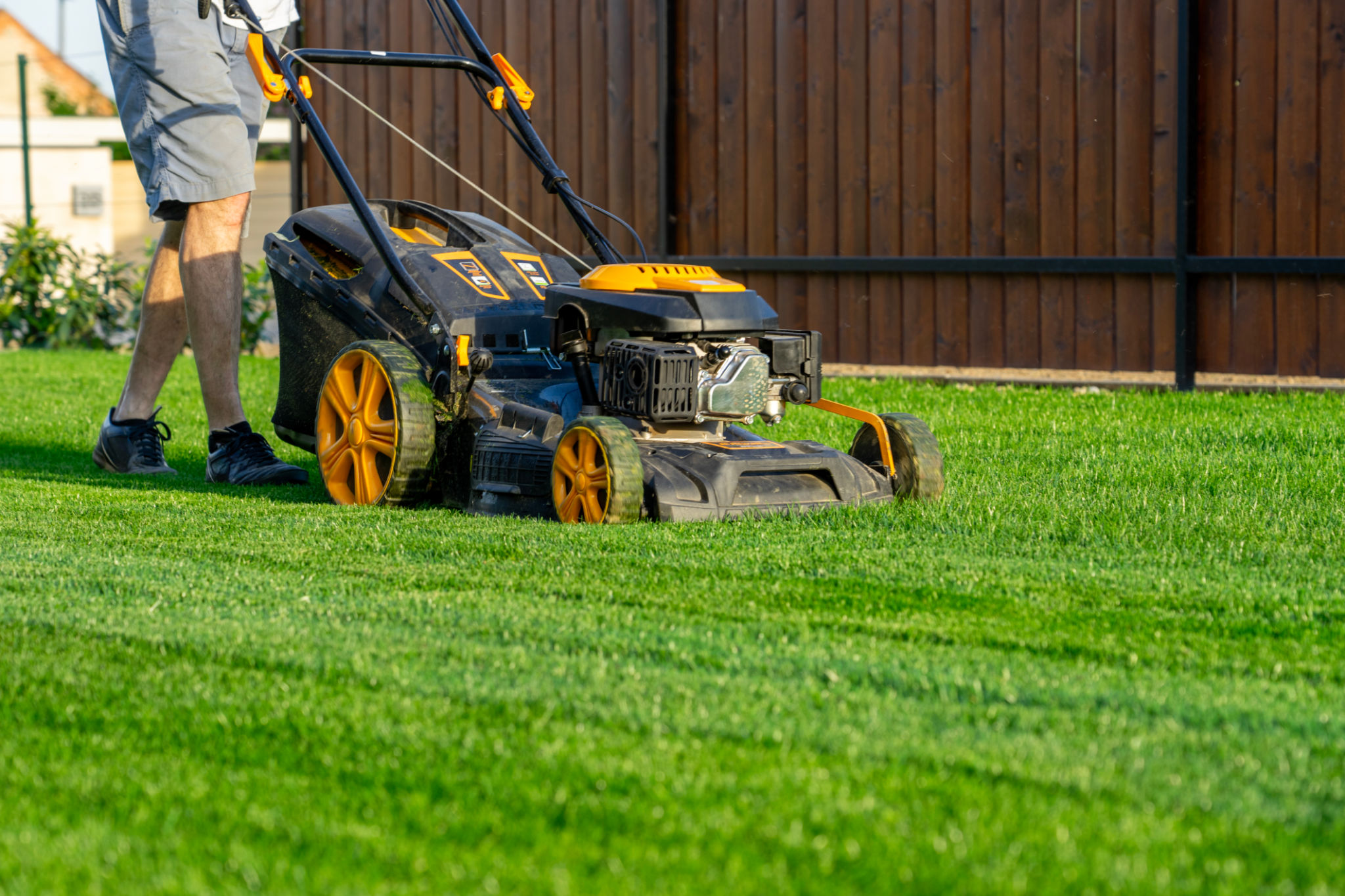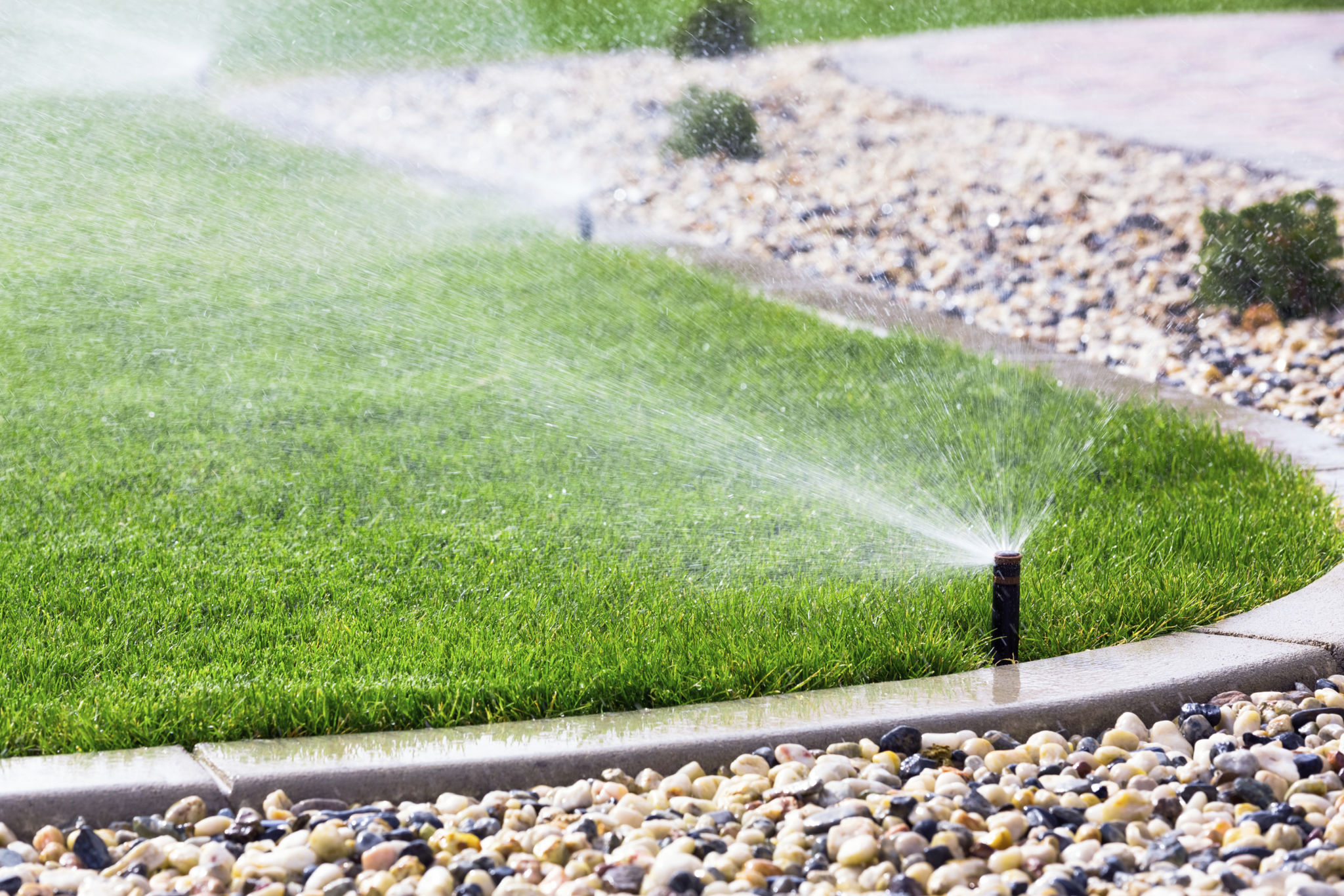DIY Lawn Care Tips for Detroit Homeowners
The Importance of Lawn Care in Detroit
Maintaining a lush, green lawn is a point of pride for many homeowners in Detroit. A well-kept lawn not only enhances the beauty of your home but also contributes to the overall appeal of your neighborhood. However, the challenging climate conditions in Detroit—ranging from hot, humid summers to cold, snowy winters—can make lawn care a daunting task.
In this blog post, we'll explore some practical DIY lawn care tips tailored specifically for Detroit homeowners. Whether you're a seasoned gardener or a novice, these pointers will help you cultivate a thriving lawn.

Choosing the Right Grass Type
One of the first steps in effective lawn care is selecting the right type of grass. In Detroit's climate, certain grass types perform better than others. Cool-season grasses like Kentucky bluegrass, perennial ryegrass, and fine fescue are popular choices due to their resilience and adaptability to the region's weather conditions.
It's essential to understand the growth patterns and maintenance requirements of your chosen grass type. For example, Kentucky bluegrass thrives in sunny areas but requires frequent watering, while fine fescue is more drought-tolerant and suitable for shaded areas.
Mowing Techniques for a Healthy Lawn
Proper mowing techniques are crucial for maintaining a healthy lawn. Aim to mow your lawn regularly, keeping the grass at an optimal height of around 3 inches. This height helps shade the soil, reducing water evaporation and suppressing weed growth.

Avoid cutting more than one-third of the grass blade length at any one time, as this can stress the grass and make it more susceptible to disease. Keep your mower blades sharp to ensure clean cuts and reduce lawn stress.
Watering Wisely
Effective watering is crucial for maintaining a vibrant lawn. In Detroit, it's best to water your lawn early in the morning when evaporation rates are lower. This ensures that the water reaches the roots where it's needed most.
Consider installing a rain gauge or a smart irrigation system to monitor rainfall and prevent overwatering. Generally, lawns need about 1 to 1.5 inches of water per week, including rainfall.

Fertilization and Soil Health
Fertilizing your lawn provides essential nutrients that promote healthy growth. Use a balanced fertilizer with a mix of nitrogen, phosphorus, and potassium. Applying fertilizer in early spring and late fall yields the best results.
Additionally, conducting a soil test can help determine the specific nutrient needs of your lawn. Based on the results, you can amend the soil with organic matter or specific fertilizers to improve soil health.
Weed and Pest Control
Weeds and pests can quickly ruin an otherwise beautiful lawn. Regularly inspect your lawn for signs of weeds and pests, and address any issues promptly. Consider using natural or organic methods for weed and pest control to minimize environmental impact.
Remember that a healthy lawn is the best defense against weeds and pests. Maintain regular mowing, watering, and fertilization routines to keep your lawn robust and resilient against invaders.